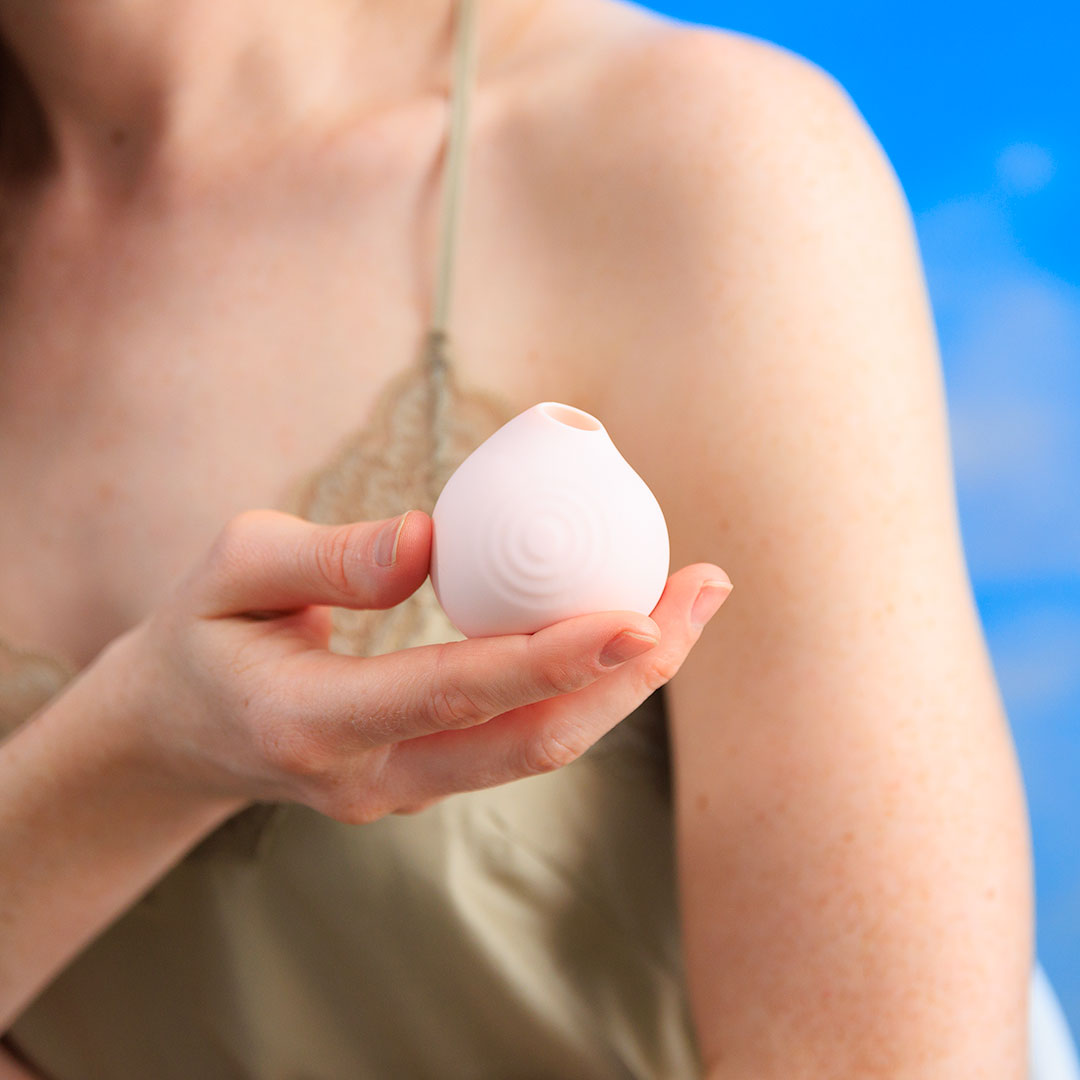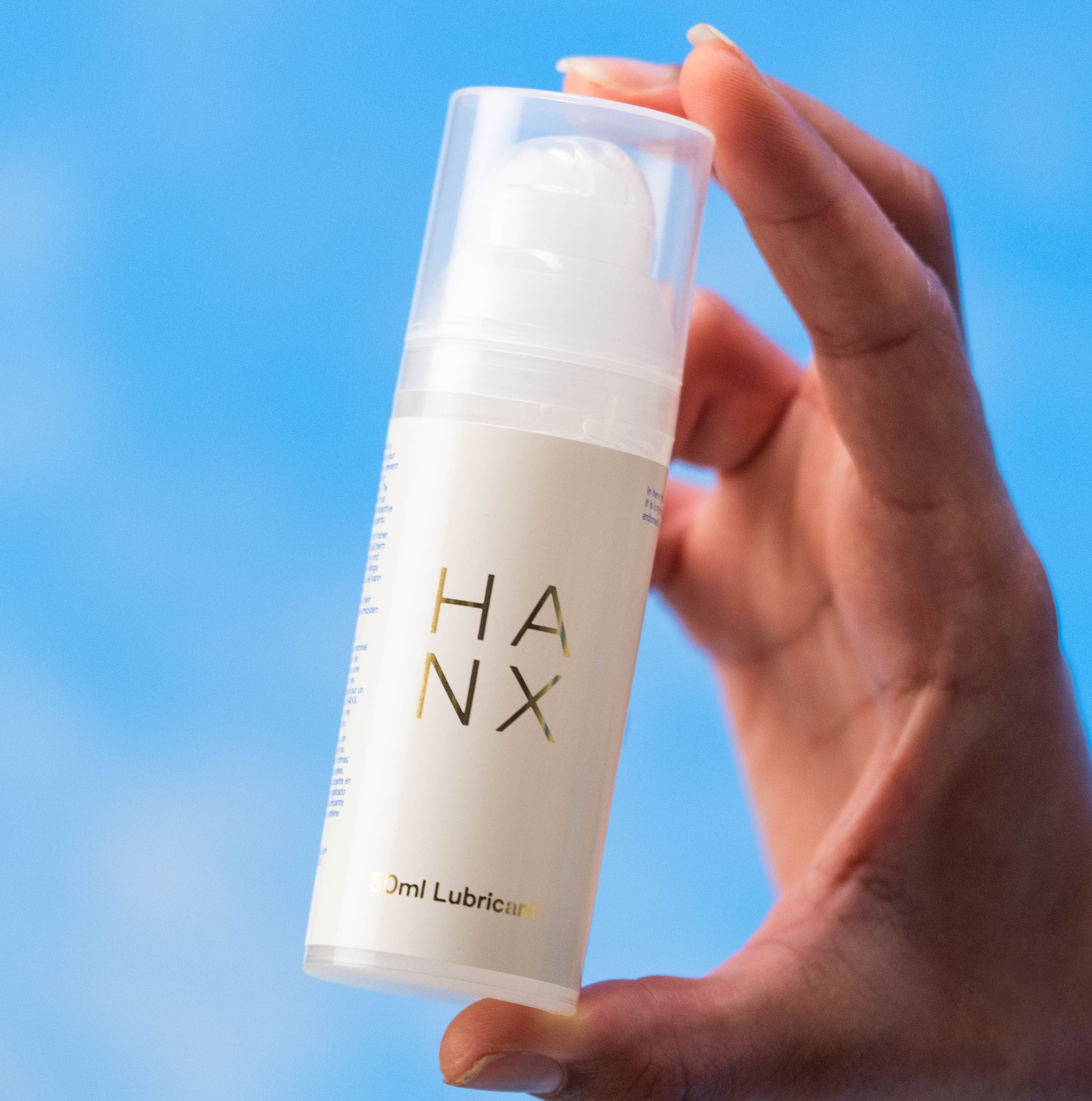Our Gynae Expert's Guide To Treating A Bartholin's Cyst
If you find a lump close to your vaginal opening, your mind might leap to sexually transmitted infections, ingrown hairs or worse. However, this isn’t necessarily the case. Stigma and lack of understanding around vaginal health means people simply don’t talk enough about this, but the cause may in fact be a Bartholin’s Cyst. Sounds like a medieval monk with a passion for crime fighting, but it’s actually a cyst specific to people with vaginas. Far more common than you might think, these cysts are responsible for around 2% of visits to gynaecologists each year. So, what exactly is a Bartholin’s Cyst - and how to do you treat them? Our resident gynaecology expert, Dr Sarah Welsh, explains…
What is a Bartholin’s Cyst?
“A Bartholin's cyst is a small fluid-filled sac at the Bartholin’s gland, which is just inside the opening of the vagina. The Bartholin’s glands are normally pea-sizes (about 1cm) and secrete fluid to lubricate the vagina during sex. If the gland becomes blocked, they can cause a cyst, and if this is infected (where pus collects inside), this causes an abscess, which can cause the area to become red, tender, and swollen.
Some Bartholin's Cysts are small enough that you might not even notice them, but some do grow large enough to feel like a lump near your vaginal opening. Look out for the following symptoms that your cyst has become infected:
- Swelling and redness
- Pain with sitting or walking
- Painful penetrative sex
- Unusual vaginal discharge
What causes Bartholin’s Cysts?
Bartholin's glands, which are small glands located near the entrance to the vagina, are typically the size of a pea and are situated on both sides of the vaginal lips. These glands produce a lubricating fluid that helps sexual activity, with the fluid traveling through small ducts into the vagina. When the ducts are obstructed, they can become filled with fluid and can form a cyst. These cysts are typically not larger than 1cm in size and can cause discomfort and pain.
The reason why Bartholin ducts become blocked is often unknown, but it can be sometimes linked to infections. For example, bacteria such as E-coli which is often near the area or sexually transmitted infections (STI), such as chlamydia or gonorrhoea.
How Are Bartholin’s Cysts Treated?
Bartholin’s Cysts don’t always require treatment, especially if they aren’t painful and doesn’t cause you discomfort. Before leaving it be, it’s always best to have a chat with your GP or healthcare provider first, to make sure it is indeed a Bartholin’s Cyst.
However, if the cyst is painful, your GP might recommend taking care of it at home via:
- soaking the cyst for 10 to 15 minutes in warm water several times a day, ideally for 3-4 days
- soaking a flannel in hot water, wringing it out, and placing agains the cyst
-
taking painkillers to reduce pain
It is possible for the cyst to get infected and an abscess develop, which will potentially require antibiotics. Make sure to speak to your GP or healthcare provider if your cyst becomes painful, swollen and full of pus as this can cause serious health complications. If necessary, they may decide to drain the abscess.
How Can I Avoid Bartholin’s Cysts?
The best way to avoid getting a Bartholin’s cyst or abscess is to protect yourself from infections. This includes wearing condoms, peeing straight after to sex to flush out bacteria in the area, and making sure to practice good vulval hygiene. This doesn’t mean cracking out the douche or washing with heavily scented products, as this can have a detrimental effect on your vaginal microbiome and in turn cause you to be more susceptible to infections. Washing externally with fresh, clean water, and if you prefer, a hypoallergenic, fragrance-free soap, is all that’s needed.
Bartholin’s Cysts are very common and it’s sometimes unclear exactly why they develop. The majority of cases just appear out of the blue without any known reason. Try not to give yourself a hard time, and make sure to keep a close eye on any unusual symptoms so you can proactively advocate for your health."
Want more?
- Beyond the stigma: let’s get real about endometriosis and painful sex.
- Does your girlfriend keep getting UTIs? Here’s why your hygiene might be the cause…
- No, you shouldn’t ignore vaginal bleeding after sex. Dr HANX explains why…






















